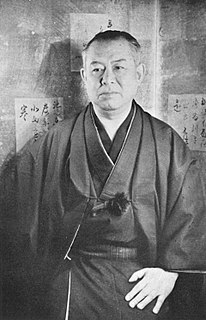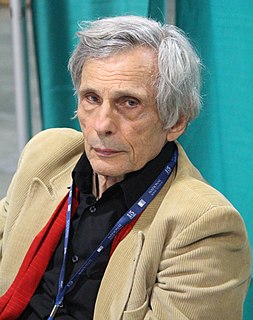A Quote by Helen Vendler
I was unnerved to learn in my twenties that the poems of Emily Dickinson that I had memorized as a girl were not the poems as she had written them.
Related Quotes
When Emily Dickinson's poems were published in the 1890s, they were a best-seller; the first book of her poems went through eleven editions of a print run of about 400. So the first print run out of Boston for a first book of poems was 400 for a country that had fifty million people in it. Now a first print run for a first book is maybe 2,000? So that's a five-time increase in the expectation of readership. Probably the audience is almost exactly the same size as it was in 1900, if you just took that one example.
The ancients waited for cherry blossoms, grieved when they were gone, and lamented their passing in countless poems. How very ordinary the poems had seemed to Sachiko when she read them as a girl, but now she knew, as well as one could know, that grieving over fallen cherry blossoms was more than a fad or convention.
I think it is our job as poets to refuse the terms that society so often sets for usefulness. That, for instance, is what Dickinson did: she refused to be a wife, a homemaker, a standard member of her community. She knew she had to in order to have the space and time to write her poems. Thank god she said no!
All of a sudden I understand why I like Aliki Barnstones poems so much. They remind me of the one she has studied most - shall we call her her master - Emily Dickinson. Not in the forms, not, as such, in the music, and not in the references; but in that weird intimacy, that eerie closeness, that absolute confession of soul.... In Barnstone, too, the two worlds are intensely present, and the voice moves back and forth between them. She has the rare art of distance and closeness. It gives her her fine music, her wisdom, her form. She is a fine poet.



































